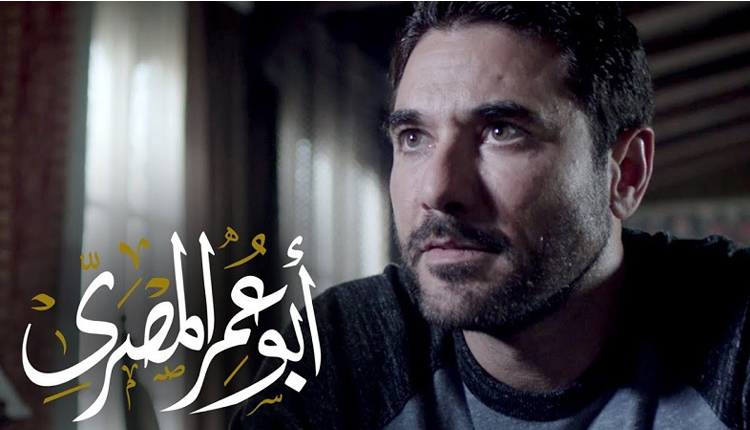Sudan’s Foreign Affairs Ministry summoned Saturday Egypt’s Ambassador to Khartoum Osama Shaltout to voice Sudan’s objection to an Egyptian Ramadan series that it claims promotes stereotypes regarding accusations of terrorism against Egyptians living or visiting Sudan.
The drama serial, entitled Abu Omar Al-Masri, airs on privately-owned channel On-E and features armed Islamic terrorist groups who have been receiving training in Sudan, according to a statement by the Sudanese Foreign Ministry.
The Sudanese FM said that its embassy in Cairo lodged a formal complaint to the Egyptian Foreign Ministry and handed a copy to the Egyptian Ambassador to Khartoum on 16 May, requesting Egyptian authorities take the “appropriate decision.”
On-E issued a statement on Sunday to stress that the serial did not intend to single out the Sudan.
“The makers of the Al-Masry series understand well the importance of art in bringing people together and do not aim to provoke any crises,” On-E’s statement read.
“They also understand the importance of Egyptian-Sudanese relations and the crucial strategic partnership between the two countries,” it concluded.
The series was originally a novel written by author, diplomat and academic Ezzedine Choukri Fishere and stars a number of Arab actors including Ahmed Ezz, Arwa Gouda, Manzer Reyahna and many others.
On Sunday Egypt’s Chairman for the Supreme Council for Media Regulation Makram Mohamed Ahmad said during a meeting that the “serial is clear and contains no violations.”
But the Sudanese Foreign Ministry insists that Egyptian satellite airing of the show “degrades relations for the two brotherly peoples of the two countries, especially for Egyptians living in Sudan,” the statement read.
“This offensive series of Egyptian citizens coming and residing in Sudan [illegally] is a vain attempt to strike at the confidence and paralyze communication between the two brotherly peoples,” it continued.
Some of the show has been filmed in the Sudan, as made clear by the appearance of Sudanese license plates in some scenes.
The Sudanese FM pointed out that these license plates are “a sovereign symbol which may not be dealt with without having obtained the consent of the appropriate Sudanese authorities.”
“There is a great deal of security coordination between the military, security and police agencies in the two countries according to the agreement between them, which does not allow any activity or hostile acts from any country towards the other,” the statement read.
During a meeting with Egyptian Foreign Minister Sameh Shoukry in mid-May in Addis Ababa, then-acting Foreign Minister Mohamed Abdallah Idriss asked his Egyptian counterpart to stop any attempts to tamper with Sudanese-Egyptian relations.
Source: Ahram Online
